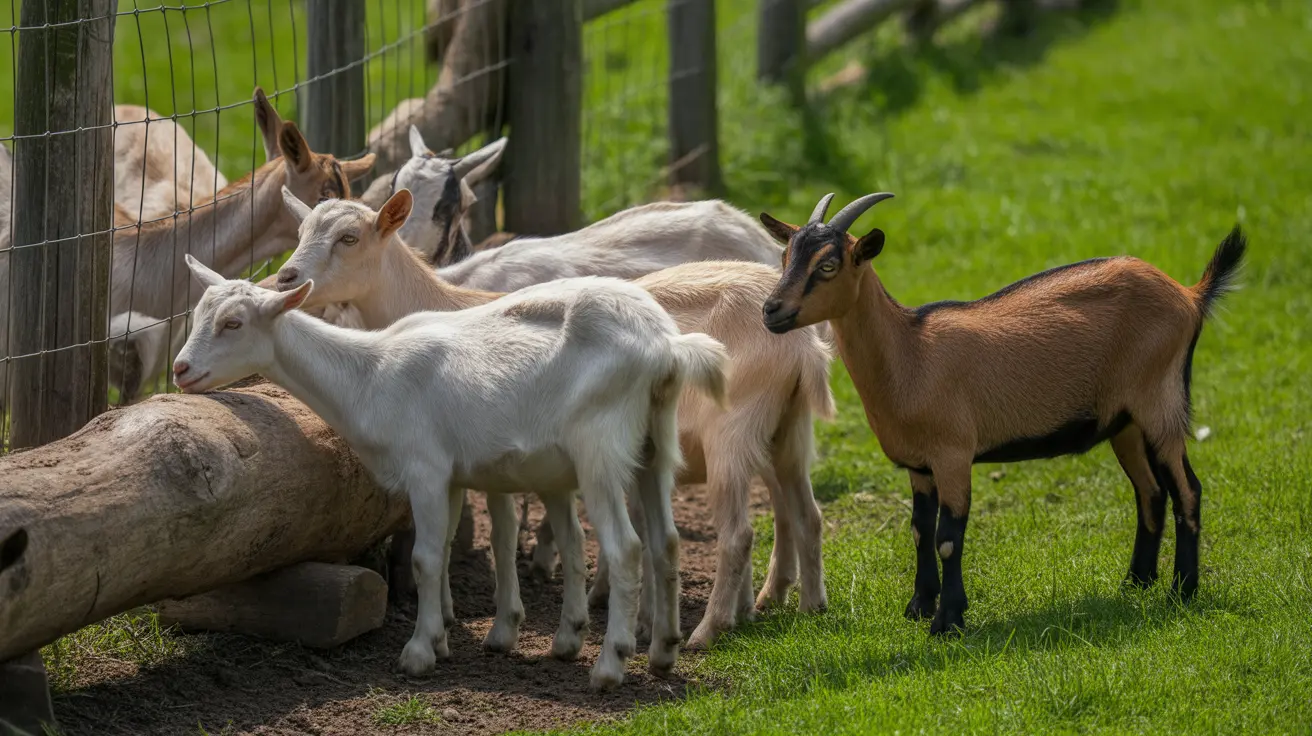Why Dogs Love Pistachios – But Should They Eat Them?
Pistachios are a popular snack for humans, known for their rich flavor and crunchy texture. It’s not uncommon for dogs to show interest in pistachios, often begging for a taste. But just because dogs seem to love them doesn’t mean they’re safe. In this article, we explore
why dogs are attracted to pistachios, the potential health risks, and safe alternatives.
Why Are Dogs Curious About Pistachios?
Dogs are naturally curious eaters and use their strong sense of smell to detect food. Pistachios have a distinctive aroma that can tempt dogs, making them seem like an exciting treat. The crunchy texture may also be appealing, as many dogs enjoy the sound and mouthfeel of crunchy foods. Finally, dogs are social eaters — if they see their human snacking, they often want to be part of the experience.
Are Pistachios Safe for Dogs?
The short answer is:
not really. While pistachios are not toxic to dogs in the same way as macadamia nuts or chocolate, they still come with a host of dangers.
Key dangers of pistachios for dogs include:
- Gastrointestinal distress: High fat content can cause vomiting, diarrhea, and abdominal pain.
- Obesity and pancreatitis: Regular consumption may lead to excessive calorie intake and trigger pancreatitis, a painful inflammation of the pancreas.
- Choking hazard: The shells are difficult to digest and may cause choking or intestinal blockage, especially in small dogs.
- Mold and aflatoxins: Improperly stored pistachios can harbor mold that produces aflatoxins, toxic compounds that damage the liver.
- Salt and seasonings: Commercial pistachios are often salted or flavored, which can lead to sodium toxicity and gastrointestinal upset.
- Allergic reactions: Pistachios contain urushiol — the same compound found in poison ivy — which may cause skin and mouth irritation in some dogs.
Symptoms of Pistachio Toxicity in Dogs
If your dog eats pistachios, observe for the following symptoms:
- Vomiting
- Diarrhea
- Lethargy
- Abdominal pain
- Loss of appetite
- Seizures (in rare cases)
- Jaundice or yellowing of the gums and eyes
Seek immediate veterinary care if you notice any of these symptoms — particularly if your dog consumed a large number or pistachios with shells.
Are There Any Nutritional Benefits?
Pistachios contain several nutrients that, in theory, are beneficial for dogs such as:
- Protein
- Antioxidants
- Fiber
- Vitamins B6 and Thiamine
- Minerals like Potassium, Phosphorus, Copper, and Manganese
However,
the potential risks usually outweigh these minor benefits. Dogs can obtain all necessary nutrients from a properly formulated commercial diet, making pistachios an unnecessary addition.
Safety Guidelines if You Still Want to Share
If you're absolutely set on sharing a pistachio or two with your dog, follow these precautions:
- Only offer plain, unsalted, shelled pistachios.
- Limit quantity — just 1 for small dogs and up to 3 for larger ones, and only occasionally.
- Avoid flavored or moldy pistachios.
- Monitor closely for signs of discomfort or allergic reaction.
Safer Alternatives to Pistachios
Instead of pistachios, try these dog-friendly snacks that offer health benefits without the risks:
- Carrot sticks
- Apple slices (without seeds)
- Green beans
- Plain, cooked chicken strips
- Frozen blueberries
These alternatives are low in fat and provide fiber, vitamins, and minerals in a form that is gentle on your dog’s digestive system.
Final Thoughts
Though dogs may show interest in pistachios due to their scent and crunchiness,
these nuts are not suitable as regular dog treats. They pose a variety of health hazards — from choking and digestive upset to serious conditions like pancreatitis or aflatoxin poisoning. If you want to treat your dog, stick with safer options and always consult your vet before introducing new human foods to your pet’s diet.
Keep your dog safe by avoiding high-fat, seasoned, or mold-prone snacks, and provide nutrition that supports their overall health and longevity.





